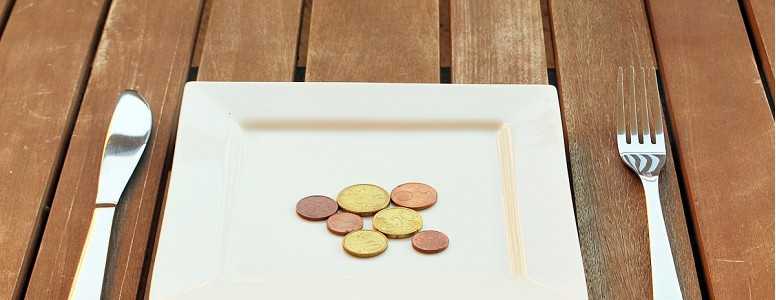An implant which releases diabetes medication when it senses caffeine in the blood is being investigated as a future treatment.
The research is a potentially exciting development for coffee lovers currently taking glucagon-like peptide 1 (GLP-1) medication. These drugs are most often injectable, but this new implant could one day replace injections.
GLP-1 is a commonly used hormone in type 2 diabetes treatments, with GLP-1 analogues such as Victoza and Trulicity helping to lower blood sugar levels by stimulating the release of insulin in response to meals and increasing satiety after meals.
Swiss researchers have developed the implant so that human cells release GLP-1 when they detect caffeine. This is achieved via a “gene circuit” which enables the cells to sense caffeine molecules as they enter the blood stream.
In trials of mice that were modified to have diabetes, the implant was shown to help control their blood sugar levels once triggered by the caffeine in coffee, tea or other caffeinated drinks.
The implant consists of thousands of gel-like capsules that each contain hundreds of the engineered cells. Once injected under the skin, the gel shields them from immune attack but allows caffeine in and GLP-1 out.
Lead author Martin Fussenegger, from the Swiss Federal Institute of Technology in Zurich, said: “You could completely integrate this into your lifestyle. You have a tea or coffee in the morning, another after lunch, and another at dinner, depending on how much drug you need to get your glucose back down.”
However, the implant will not be available in the near future. Vigorous forthcoming research will be needed to ascertain whether the implant is safe and effective for use in humans.
Additionally, because certain drinks such as herbal tea and chocolate milkshake had no effect on the cells in the mice trials, researching which drinks not only activate caffeine but do not adversely affect blood glucose levels will be pivotal.
Benedict Jephcote, Editor of Diabetes.co.uk, said: “It is encouraging to see that researchers are looking at other ways of stimulating delivery of GLP-1 medication, which has typically been delivered via injection. Using caffeine as the trigger may or may not translate well to humans but it is certainly an interesting avenue of research.”
The findings have been published online in the journal Nature.
What's new on the forum? ⭐️
Get our free newsletters
Stay up to date with the latest news, research and breakthroughs.








